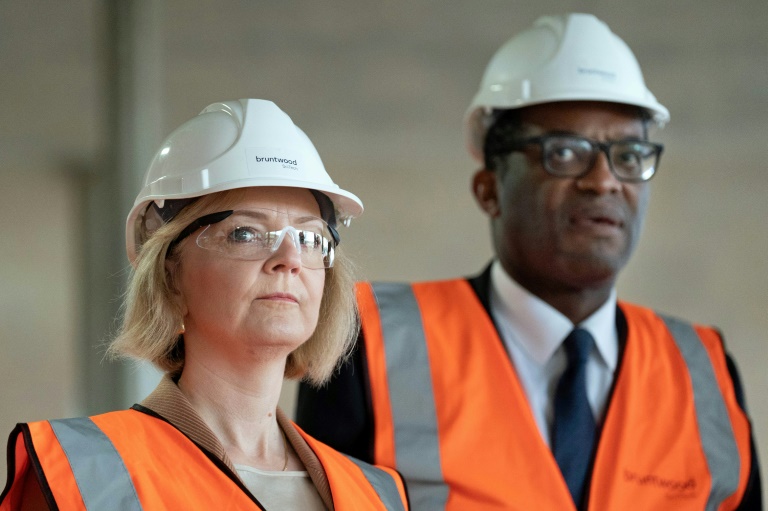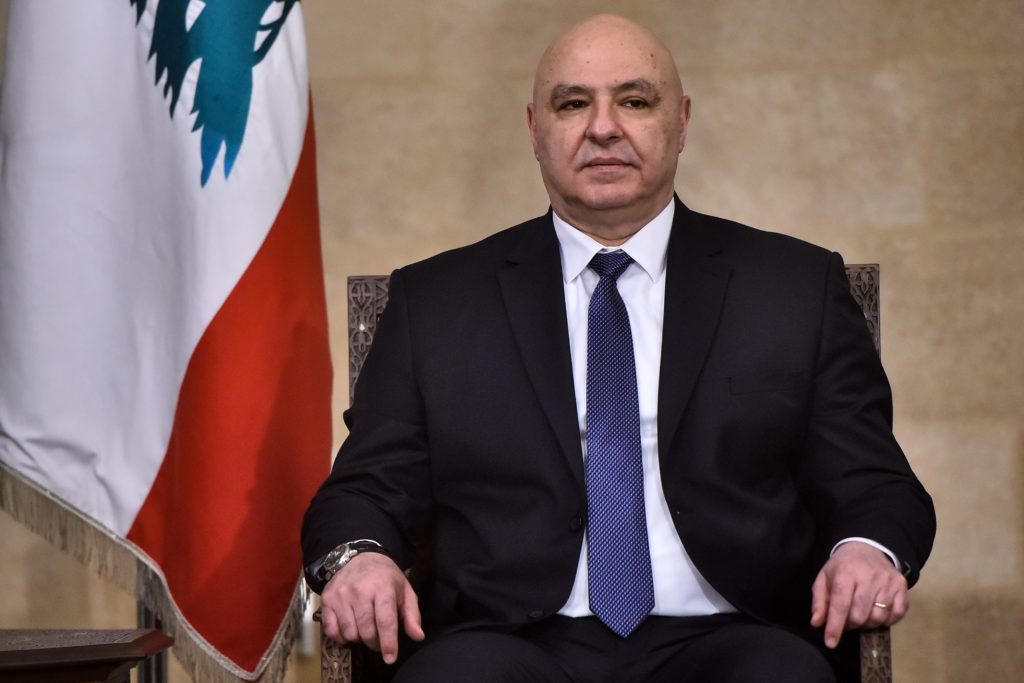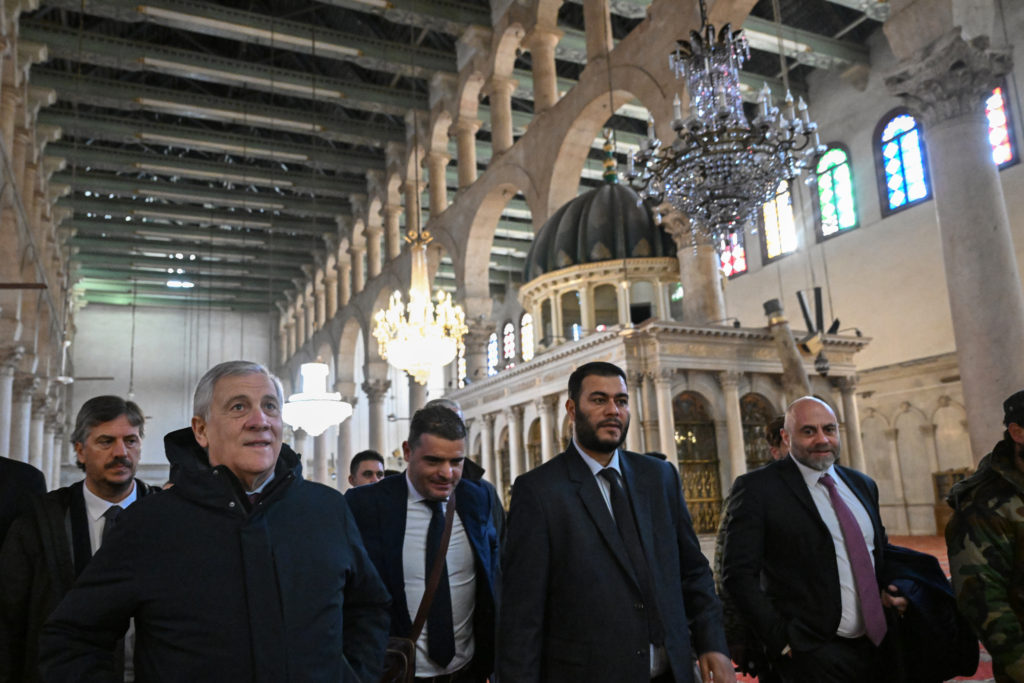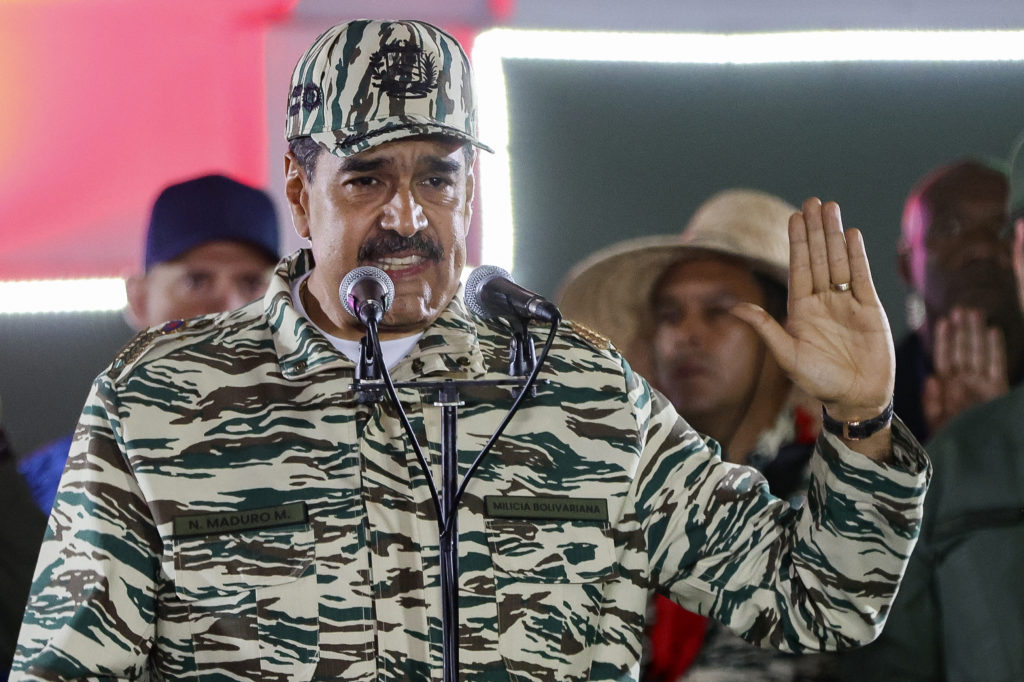UK Prime Minister Liz Truss and her finance minister Kwasi Kwarteng are under pressure due to their announcement for unfunded tax cuts
Britain’s Prime Minister Liz Truss insisted Tuesday she felt “no shame” and vowed to press on with unpopular economic reforms despite lurching into a self-inflicted crisis just a month into her term.
Despite Truss’s attempts to move on, cabinet splits emerged as the ruling Conservatives endured another stormy day at their annual conference in Birmingham, central England.
Truss and Chancellor of the Exchequer Kwasi Kwarteng have been forced to climb down on their plan to cut income tax for the richest, as ordinary Britons suffer the worst cost-of-living crisis in generations.
The plan met with uproar from Tory critics, deep disapproval in opinion polls, and destabilised financial markets given its reliance on billions extra in government borrowing.
“I think there’s absolutely no shame in a leader listening to people and responding, and that’s the kind of person I am,” Truss told Sky News.
Reiterating that the tax cut had proved a “distraction”, she added on the BBC: “I want to take people with me. Yes, we are going to have to make tough decisions.”
“I’m determined to carry on with this growth package,” she told LBC radio, stressing another component of the plan to cap soaring energy bills.
– Budget confusion –
Truss and Kwarteng were widely reported as bringing forward a major debt reduction plan to later this month, having insisted previously that it would only come on November 23.
Its unveiling will be accompanied by independent forecasts from the Office for Budget Responsibility (OBR), in a bid to calm febrile financial markets.
But the two politicians both insisted November 23 remained the date, with Kwarteng telling GB News that the media had been “reading the runes” incorrectly.
Mel Stride, the Tory chairman of the powerful Treasury committee in the House of Commons, had welcomed the reporting of an earlier date to show how the government intends to fix its finances.
Acting in advance of the Bank of England’s next rate-setting meeting on November 3 could “reduce the upward pressure on interest rates to the benefit of millions of people up and down the country”, he added.
Potential cuts to the welfare budget are shaping up as the next battle with dissident Tory MPs after the aborted tax cut.
“We have to look at these issues in the round. We have to be fiscally responsible,” Truss told BBC radio.
– ‘Coup’ –
But senior minister Penny Mordaunt, one of the candidates Truss beat in the Tory leadership race, stepped out of the cabinet line.
It “makes sense” that welfare should still rise in line with soaring rates of inflation, she told Times Radio.
“That’s what I voted for before, and so have a lot of my colleagues.”
Truss said she did not intend to fire Mordaunt, and denied that she had lost control of her cabinet after putting on a show of unity with Kwarteng on a visit to a construction site in Birmingham.
There was little team spirit on display from Home Secretary Suella Braverman, however, as she accused party critics of seeking to stage a “coup” against Truss.
Braverman herself later set up the government for further strife by promising to deport all asylum seekers who do not enter Britain via a safe and legal route, which unions pointed out would be in breach of international conventions.
Many commentators argue that Truss’s credibility was already in tatters not long after she succeeded Boris Johnson on September 6.
The Daily Mail newspaper, normally a trenchant voice in support of the new leader’s right-wing agenda, headlined its main story: “Get a grip!”
– Honouring Boris –
Dissident ringleader Michael Gove kept up criticism of Truss, stressing all Conservative MPs had been elected on Johnson’s manifesto of 2019.
It included a pledge to end arbitrary evictions of tenants by private landlords, he noted at a conference fringe event held by the housing charity Shelter.
“We’ve got to keep faith with what Boris wanted, we’ve got to make sure that manifesto commitment is honoured,” Gove said, after Truss reneged on a Johnson commitment to ban fracking.
But asked by reporters if Truss would survive past the end of the year, the former minister said: “Yes.”
Shelter presented poll findings that suggested private renters who voted Tory in 2019 are deserting the party in droves for Labour and other opposition parties.
Wider opinion polls in recent days have shown Labour breaching 50 percent as the Tories slump under Truss, fraying nerves in Birmingham as she prepares to close the conference on Wednesday.











